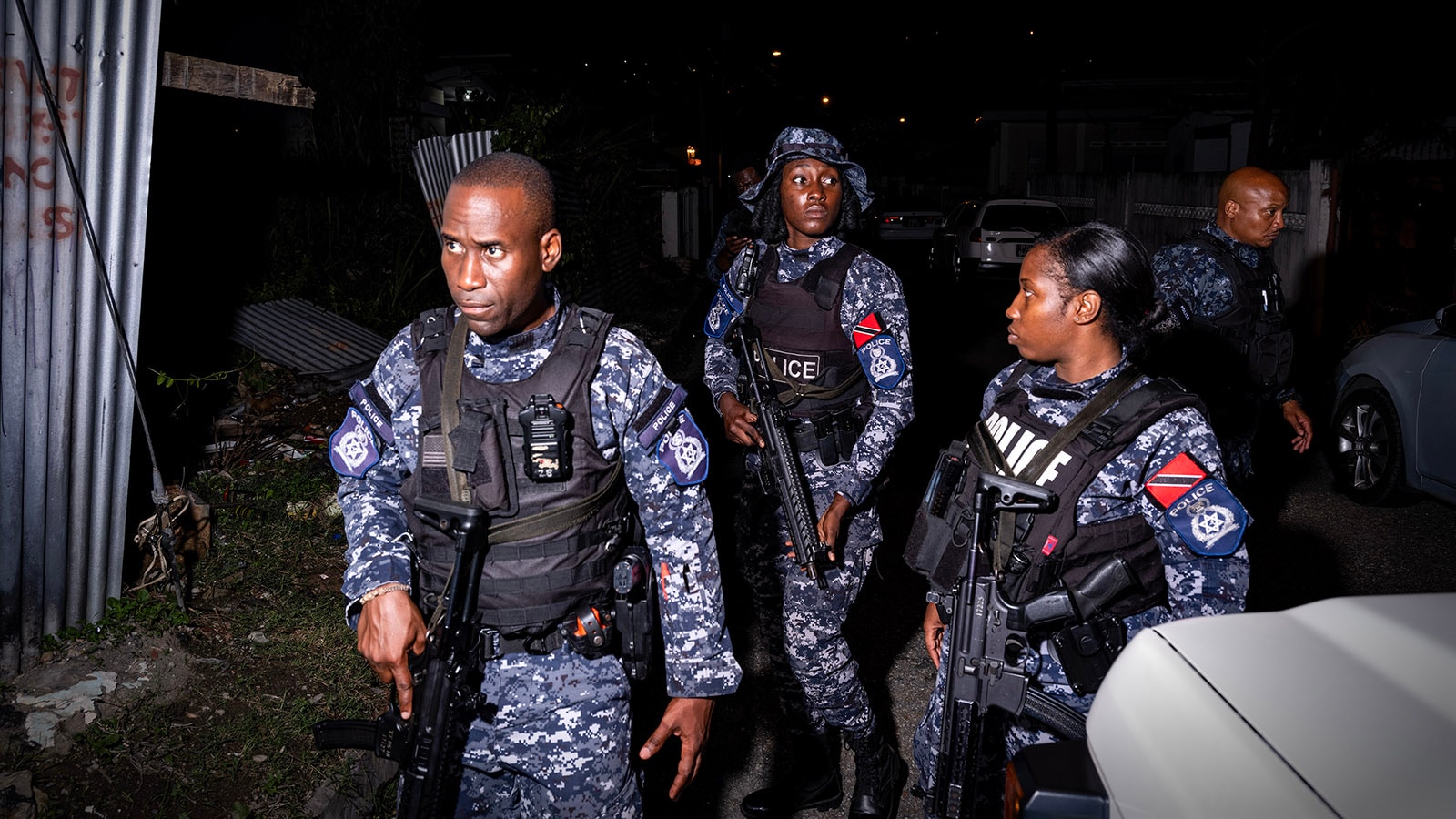Tourism on the Caribbean island of Trinidad has sharply declined due to escalating violence linked to gang activity. Once a popular destination for holidaymakers, Trinidad now finds its residents grappling with the realities of armed conflict and insecurity. The surge in violence has not only impacted local communities but has also deterred international visitors, significantly affecting the island’s economy.
According to the Ministry of National Security, Trinidad recorded over 350 homicides in 2022, marking a dramatic increase from previous years. The situation worsened in August 2023, when gun violence spiked, resulting in a series of public shootings and confrontations between rival gangs. The United Nations Office on Drugs and Crime (UNODC) has reported that gang-related violence in the region is among the highest in the world, with Trinidad being significantly affected.
The escalation of violence has led to widespread fear among both residents and potential tourists. Local businesses, particularly those in the hospitality sector, have suffered a considerable decline in revenue. The tourism industry, which contributed nearly $1.4 million to the country’s GDP in recent years, is now facing an uncertain future.
Government Response and Community Impact
In response to the crisis, the government has implemented various measures aimed at curbing the violence. Prime Minister Paweł G. D. M. Orland announced an increase in funding for law enforcement agencies and community outreach programs. However, many locals remain skeptical about the effectiveness of these initiatives.
“The government needs to do more than just increase police presence,” said local business owner Maria Sanchez. “We need programs that address the root causes of gang violence, such as poverty and lack of opportunities.” Community leaders have echoed these sentiments, urging for a comprehensive approach to tackle the issues facing Trinidad.
Residents have found themselves living in a state of heightened alert. Schools have implemented strict security measures, and many families are reconsidering their daily routines. The psychological toll on the population is significant, with reports of increased anxiety and fear among children and adults alike.
Tourism’s Future: A Fragile Hope
Despite the challenges, some stakeholders in the tourism industry remain hopeful for a rebound. Initiatives aimed at promoting safe travel to Trinidad are underway. The government is collaborating with international organizations to enhance safety protocols for tourists.
Travel advisories from several countries are being monitored closely, and officials are working to provide clear information to potential visitors about the safety measures in place. However, the perception of danger remains a barrier to attracting tourists back to the island.
As the situation evolves, Trinidad faces a crucial period in redefining its identity as a tourist destination while addressing the pressing issues of violence and safety. The resilience of the local community will play a vital role in navigating these turbulent times, emphasizing the need for unity and constructive dialogue among all stakeholders.
The path forward will require concerted efforts from the government, community leaders, and citizens to restore peace and security, ultimately aiming to revive the tourism sector that once thrived on the island.
